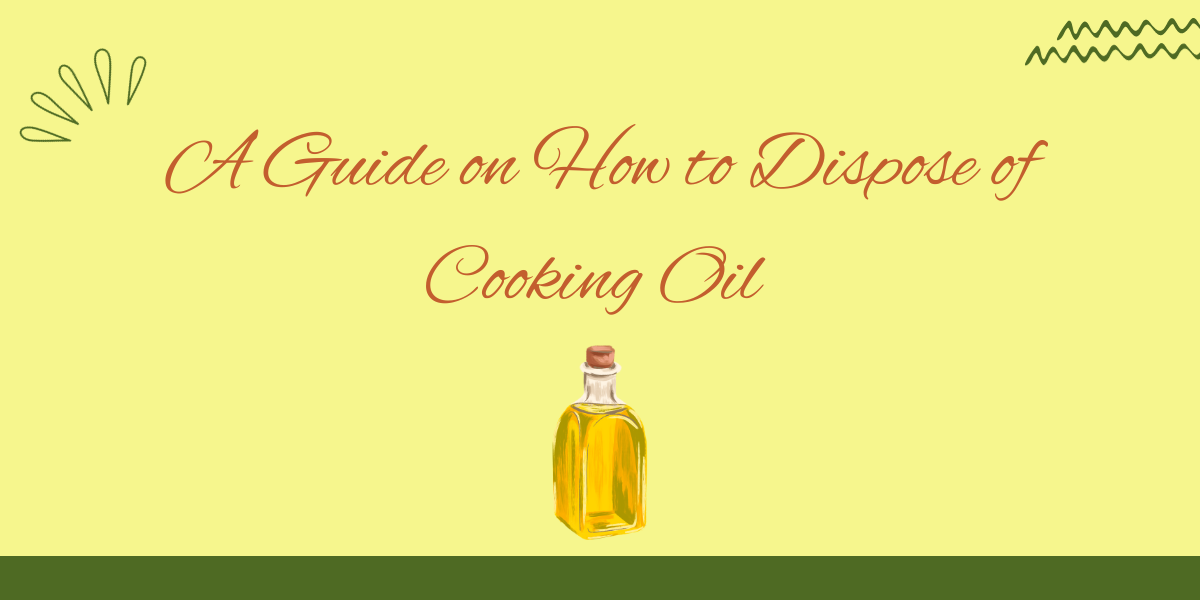In our quest for sustainable living, it’s crucial to pay attention to even the smallest details of our daily routines, including How To Dispose Of Cooking Oil Australia, with its commitment to environmental conservation, encourages citizens to adopt eco-friendly practices. This guide aims to provide comprehensive insights into sustainable solutions for the proper disposal of cooking oil in the Land Down Under.
- Never Pour it Down the Drain: One of the common misconceptions is that it’s safe to pour cooking oil down the kitchen sink. However, this practice can lead to clogged pipes and adverse effects on the aquatic ecosystem. Instead, consider alternative methods that are not only environmentally friendly but also compliant with Australian regulations.
- Cool, Strain, and Store: After cooking, allow the used cooking oil to cool down. Once it’s at room temperature, strain it through a fine mesh strainer or cheesecloth to remove any food particles. Store the strained oil in a designated container with a secure lid. This not only keeps the oil fresh for reuse but also facilitates proper disposal.
- Recycling Facilities: Many recycling facilities across Australia accept used cooking oil. Check with your local council or recycling center to find out if they have specific drop-off points for cooking oil. Some facilities even convert used oil into biofuels, contributing to a more sustainable energy landscape.
- Community Collection Programs: Some communities organize collection programs for used cooking oil. These programs often collaborate with recycling companies to ensure the collected oil is repurposed responsibly. Participating in such initiatives not only promotes sustainability but also fosters a sense of community involvement.
- Composting with Caution: While certain organic materials can be composted, adding large quantities of cooking oil to your compost bin is not recommended. Small amounts of oil can be absorbed by adding absorbent materials like shredded newspaper, but it’s essential to maintain a balance to avoid disrupting the composting process.
- Commercial Collection Services: Several companies specialize in collecting and recycling used cooking oil on a larger scale. Restaurants, cafes, and other food establishments can benefit from these services, ensuring that their waste is managed in an environmentally responsible manner.
Conclusion:
Disposing of cooking oil sustainably is a simple yet impactful step towards environmental conservation in Australia. By adopting these practices, individuals and businesses alike can contribute to a cleaner, greener future. Let’s embrace these sustainable solutions, recognizing our role in preserving the natural beauty of Australia for generations to come.

